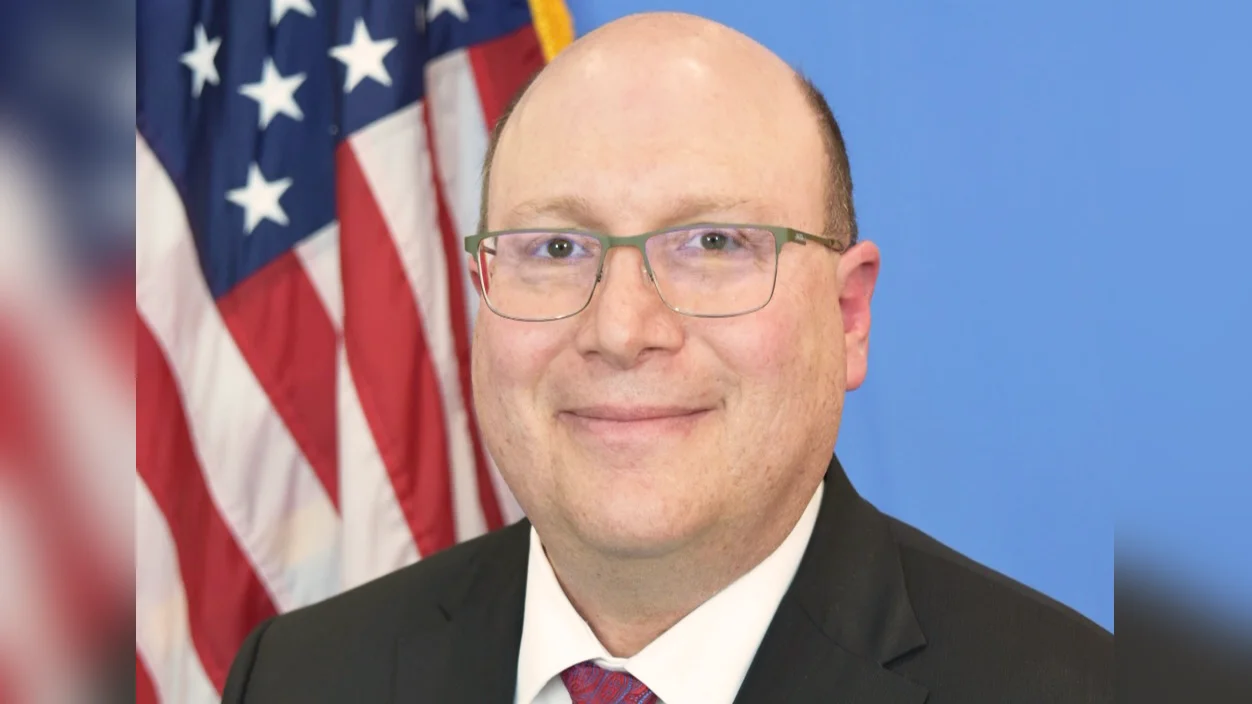The United States has reiterated its support for a Middle East free of weapons of mass destruction (WMD) and their delivery systems, emphasizing the importance of regional dialogue and practical trust-building measures. The statement was delivered by Howard Solomon, Chargé d’Affaires, ad interim, at the International Atomic Energy Agency (IAEA) Board of Governors meeting in Vienna on September 11, 2025.
Solomon thanked the IAEA Director General for his report on safeguards in the Middle East and recognized ongoing efforts to promote confidence among regional states. He stated: "The United States strongly supports the long-term goal of a Middle East free of weapons of mass destruction and their delivery systems, alongside a comprehensive and durable regional peace. We remain committed to working with the regional states to advance this goal in an inclusive, consensus-based manner that takes into account the legitimate regional security concerns of all."
The U.S. noted persistent differences among countries in the region regarding arms control and security objectives. Solomon said: "We regret that, as the Director General’s report highlights, there remains a difference of views in the region on how to advance these important arms control and regional security goals. We remain supportive of practical measures to build trust, address noncompliance, and establish conditions conducive to such a zone. Bridging this gap is necessary to the meaningful advancement of this shared goal."
Addressing criticism directed at Israel's nuclear capabilities during recent discussions, Solomon commented: "The United States also regrets that the issue of so-called 'Israeli nuclear capabilities' has been raised during this agenda item and earlier this week. Divisive statements criticizing a state in good standing at the IAEA will not advance our shared goals. We urge the regional states concerned to refrain from politically motivated statements and to engage their neighbors directly in an inclusive, cooperative manner about their regional security concerns."
The U.S. expressed appreciation for countries adopting comprehensive safeguards agreements along with Additional Protocols—measures considered essential for upholding international nonproliferation standards amid growing interest in nuclear energy across the region. Solomon said: "As in years past, we applaud those states that have embraced the combination of a comprehensive safeguards agreement and Additional Protocol as the international verification and nonproliferation standard... We encourage all states in the region that have not yet done so to sign and bring into force an AP as soon as possible and – for those states that have not yet done so – to modify or rescind, as appropriate, their Small Quantity Protocols."
Referencing a 2024 General Conference resolution calling for full cooperation with IAEA safeguards obligations by all regional states, Solomon highlighted ongoing compliance issues: "Regrettably, two countries in the region remain in safeguards noncompliance. While the Syrian government is cooperating with the IAEA to address the longstanding issues stemming from the Assad regime’s undeclared nuclear activities, Iran has refused to fully cooperate with the IAEA to implement its legally-binding comprehensive safeguards agreement. These issues represent substantial barriers to the pursuit of a WMD-free Middle East."
Solomon concluded by requesting future reports from the Director General continue addressing these concerns: "Once again, we request that future reports from the Director General on this topic address these important regional safeguards concerns, as well any other challenges the Agency faces in implementing safeguards in the Middle East region. Compliance with safeguards obligations and full cooperation with the IAEA are essential elements of our collective efforts toward advancing the universal application of IAEA safeguards in the region."

